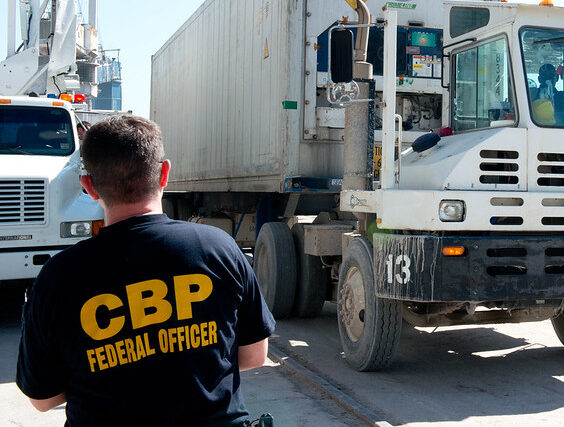The drive to improve America’s health is facing a serious foreign threat. Unregistered entities are sending a distressingly high volume of pharmaceutical shipments into the United States without federal authorization or FDA review.
An analysis of U.S. shipping data finds disturbing results.
In June and July, hundreds of shipments of weight-loss drugs and inaccurately labeled pharmaceuticals entered the country. Many arrived from manufacturers not listed in the FDA’s Drug Establishments Current Registration Database.
Why is this happening? Millions of Americans are using injectable weight-loss drugs, and opportunistic sellers are exploiting regulatory loopholes.
What should federal leaders do? The FDA has taken one step in the right direction. The agency’s recent creation of a new “green list” will help prevent foreign and unregistered ingredients from entering the United States. Measures cannot stop there.
Regulators should crack down on illegal mass compounding and strengthen enforcement against bad actors putting patients’ health at risk.
Drug compounding — in its intended form — is a necessary part of the healthcare system. It is intended to fill niche needs. When the FDA first listed weight-loss drugs on its shortage list, licensed compounders were allowed to produce alternative versions to support the supply and meet patients’ needs. When those shortages ended six months ago, mass compounding should have, too.
Instead, the market has exploded. Telehealth companies, med spas, and non-FDA-regulated businesses jumped in, drawn by the potential for profit. These groups are still producing compounded versions of weight-loss drugs, often using the excuse of “personalization” to evade FDA orders that required them to stop months ago.
Through online telehealth platforms, patients are self-prescribing, often with scant medical oversight. Dangerous med spas are distributing the drugs, sourcing them from licensed and unlicensed compounding operations.
Patients buy these drugs from businesses that don’t disclose that even licensed compounding facilities don’t meet the same safety standards as FDA-approved drug manufacturers. Some have received FDA warning letters, and some have recalled products due to contamination.
Compounders also aren’t required to use serial numbers to track their products, making them difficult, or impossible, to trace.
In June and July, research traced 122 shipments of semaglutide, tirzepatide and pembrolizumab linked to unregistered facilities, among them a homeopathic clinic in India, a Chinese exporter already cited by the Connecticut attorney general in a counterfeit medicine investigation, a framing shop in Romania, and a shipping drop-off location in Mexico.
The list goes on.
Yet, 80 percent of these shipments were allowed into the country. Even when refused, some were simply sent back to the seller, which could then reroute them through a different port.
For example, one unregistered, uninspected tirzepatide maker tried to send millions of doses to the United States in May. The shipment was blocked, but a second attempt in July made it through.
The shipment was marked for further compounding, destined for legal or illegal compounders.
Our porous border security isn’t limited to GLP-1 compounding ingredients. Forty-five shipments of medicines for chemotherapy, bipolar disorder and organ-transplant immunosuppression labeled as antibiotics were found. They came from unregistered facilities and were labeled to reduce the chance of inspection, another trick in the illegal importation playbook.
Further steps the federal government must take include halting the illegal prescribing, marketing and compounding of imitation weight-loss drugs. Vulnerable patients shouldn’t fall prey to companies offering quick fixes with limited medical guidance.
Policies for incoming pharmaceutical shipments from unregistered entities must be stronger than “return to sender.” It’s like telling drug dealers they can keep the drugs after a bust. Congress should give the FDA authority to destroy dangerous shipments.
The United States has long been the world’s gold standard for drug safety, with FDA experts reviewing and approving medicines for consumption. Don’t continue allowing foreign sources and corporate interests to jeopardize Americans’ health and safety any longer.


